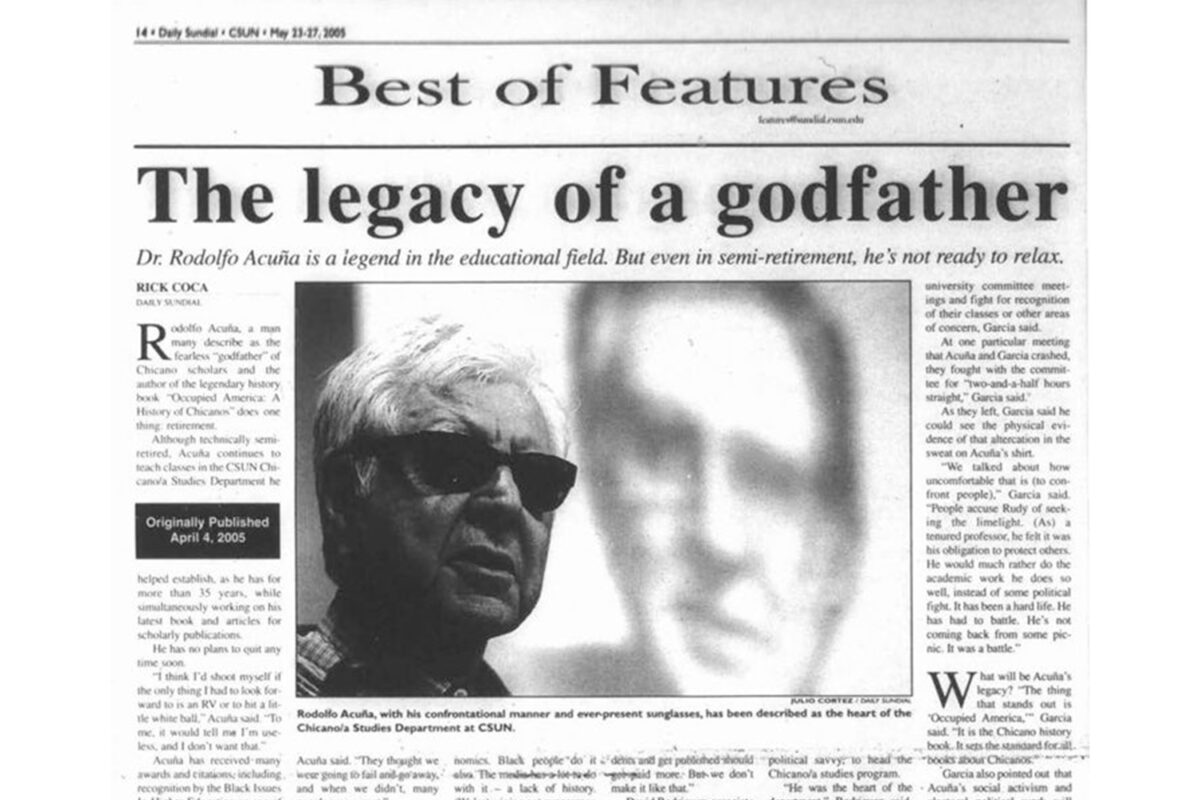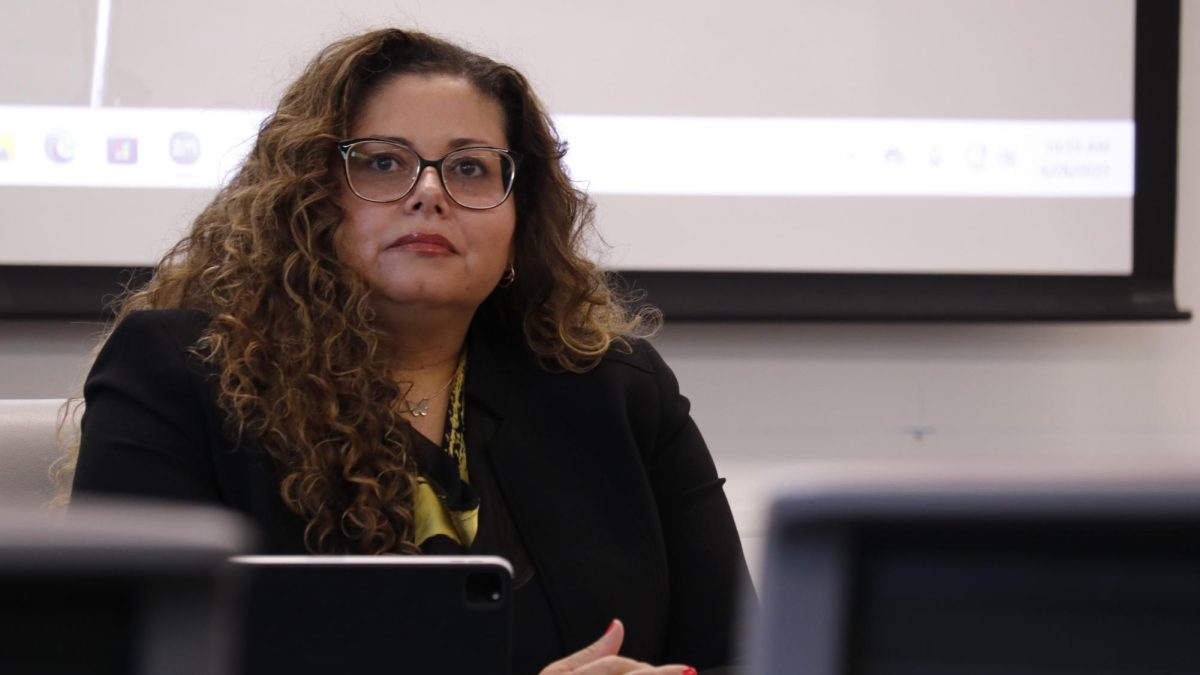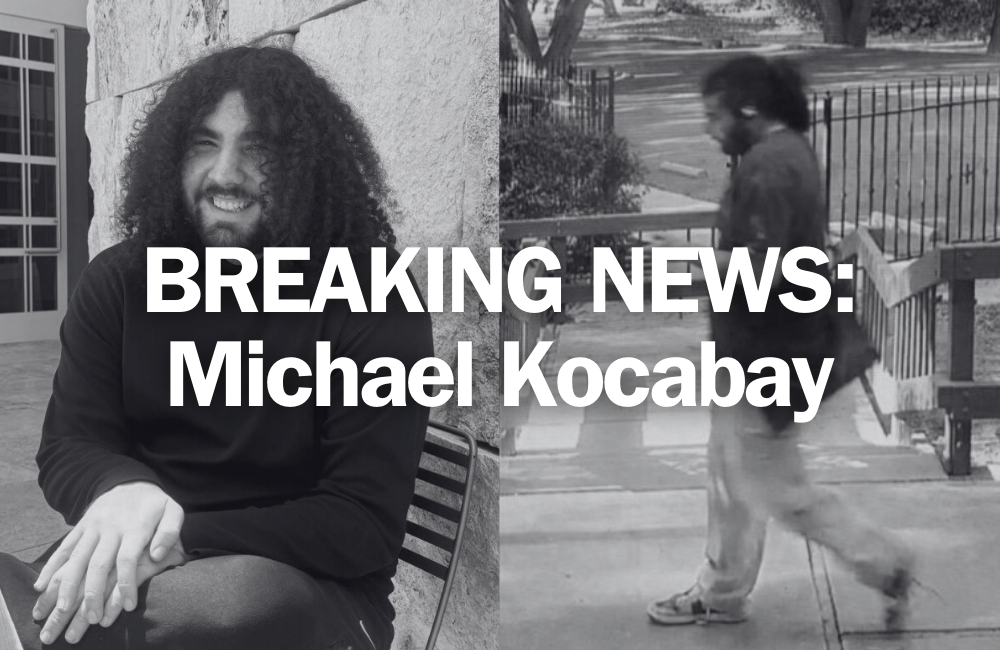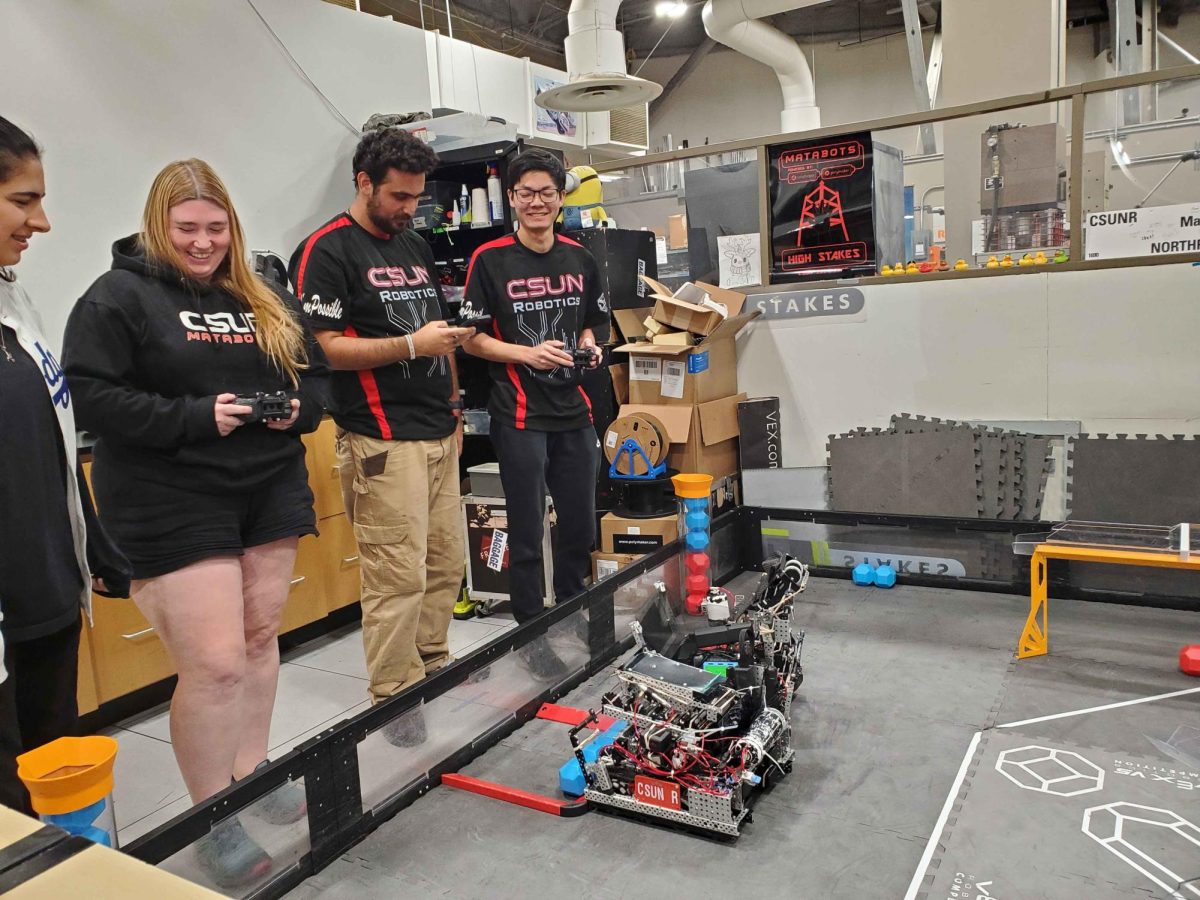The Chicano Studies program did not come about without a fight; in 1968, students took over the administration building, demanding more diversity on campus, including faculty, programs, and resources that would help establish their success as minorities.
Although the students were arrested, their resilience helped pave the way for programs such as the Educational Opportunity and Summer Bridge programs. Both programs offer services to help minority students succeed.
For instance, EOP assists low-income first-generation college students who require additional resources to prosper. Through this program, students have mentors, grants, and holistic advising available.
The Summer Bridge Program focuses on preparing at-risk Chicano students who benefit from taking introduction courses and seminars that teach them how to fine-tune various skills.
This fall, the Chicano studies program at CSUN completes 54 years. It was first established in the fall of 1969 by Rodolfo F. Acuña, one of the pivotal scholars of Chicano studies.
Acuña received his bachelor’s and master’s degrees at California State University, Los Angeles, and a doctorate at the University of Southern California. He has published six books, three of which have won the Gustavus Myers Outstanding Book Award.
Gustavus Myers Outstanding Book Awards are given to authors who write about discrimination and bigotry and who analyze the foreseeable future for communities that lack equitability.
CSUN offered the first Chicano studies program in 1969, which at the time was called Mexican American studies. The name change occurred after the first graduate class of Mexican American studies because the students felt more comfortable with the term Chicano.
The term Mexican American means a citizen of the United States born in Mexico or of Mexican descent. Ironically, the term Chicano means the same, but it is associated with having a sense of pride in the Chicano movement in the 1960s.
The curriculum for the Chicano studies program focuses on analyzing cultural expression as well as comprehending the history of the Latino community. Students are exposed to methods of critical thinking that allow them to examine social justice, fairness, and equality within their communities.
According to Acuña, “What we want to accomplish is to bring poor people into the system, educate them, and also give them certain principles.”
“One of the principles would be that you do help your own community and other communities,” Acuña said.






